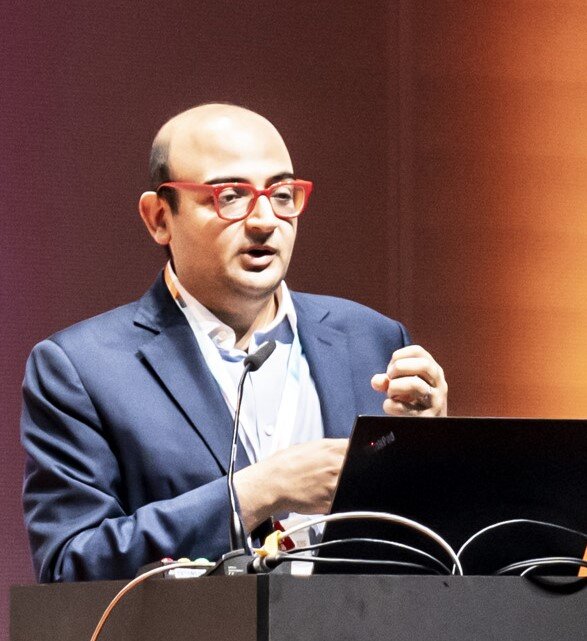Progress in artificial intelligence tools is opening-up novel modalities to provide education and doctor-patient communication
Since voice-enabled artificial intelligence (AI) has been made available to more users, this new integrated feature of advanced automated systems adds to the emerging trend to watch in healthcare, holding some potential to reshape communication and education. A perspective article on the ESMO Real World Data and Digital Oncology, explores the possible developments in oncology in the near future (ESMO Real World Data and Digital Oncology, Volume 8, 100138).
According to the authors, the possibility of running real-time human-like conversations with AI has a first application in medical training. By simulating realistic clinical scenarios, medical students and trainees may practice what they have learned in a risk-free setting. Also, voice-enabled tools may personalise education and represent a supplementary resource to traditional learning modalities, by generating podcast summaries of manuscript content and ultimately helping professionals to stay up-to-date with the latest advances in oncology.
In addition, speech-based AI systems may find a place in doctor-patient communication which is central to cancer care. While medical oncologists have limited opportunities to improve their communication skills, resulting in a still existing gap between patients and cancer teams, AI tools can place themselves as virtual facilitators to enable a more effective communication. “In this regard, AI’s potential includes improving clinical efficiency through real-time translation when patients and oncologists speak different languages and increasing patient engagement by offering guided meditation during stressful medical procedures”, says Dr Rodrigo Dienstmann working at the Oncoclínicas & Co, Brazil, and Vall d’Hebron Institute of Oncology, Spain, Editor-in-Chief of the ESMO’s peer-reviewed journal.
“While these benefits-such as increased accessibility and reduced clinician workload are promising, significant challenges remain,” he concludes, highlighting that the integration of these tools in oncology is far from being a reality. “Issues related to data security, reliability, integration with existing systems, and ethical use must be addressed to realise the full potential of voice-enabled AI in medicine.”
ESMO Real World Data and Digital Oncology
ESMO Real World Data and Digital Oncology is dedicated to publishing high-quality data science and educational content on the transformation of oncology care with real-world evidence and digital technologies that physicians can trust and understand.
The journal publishes innovative research that provides actionable insights from real-world data sources and digital devices, such as generalisable observational and health services research, clinical informatics solutions, algorithm-powered diagnostics, and decision support systems and direct-to-patient mobile applications.






